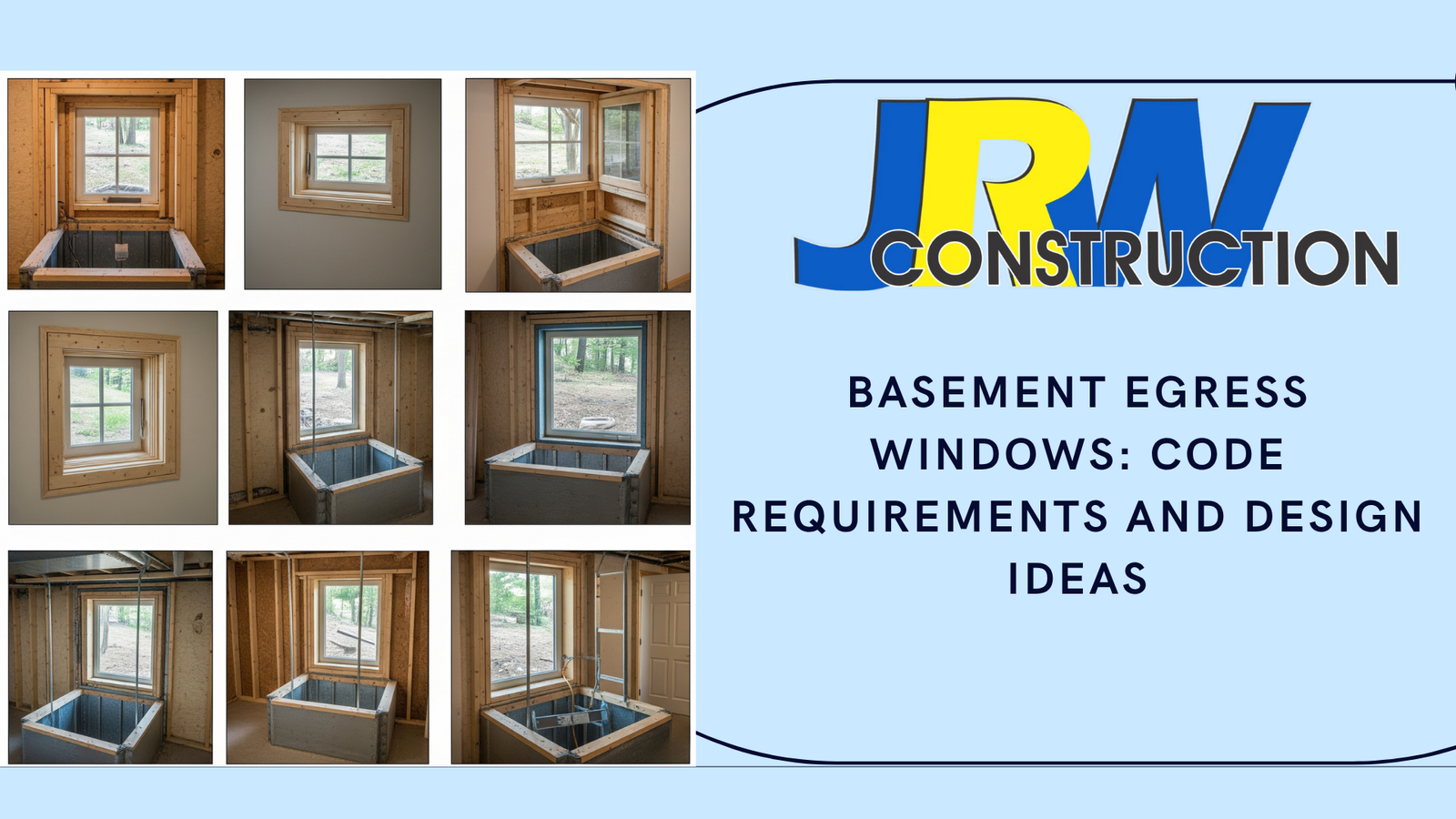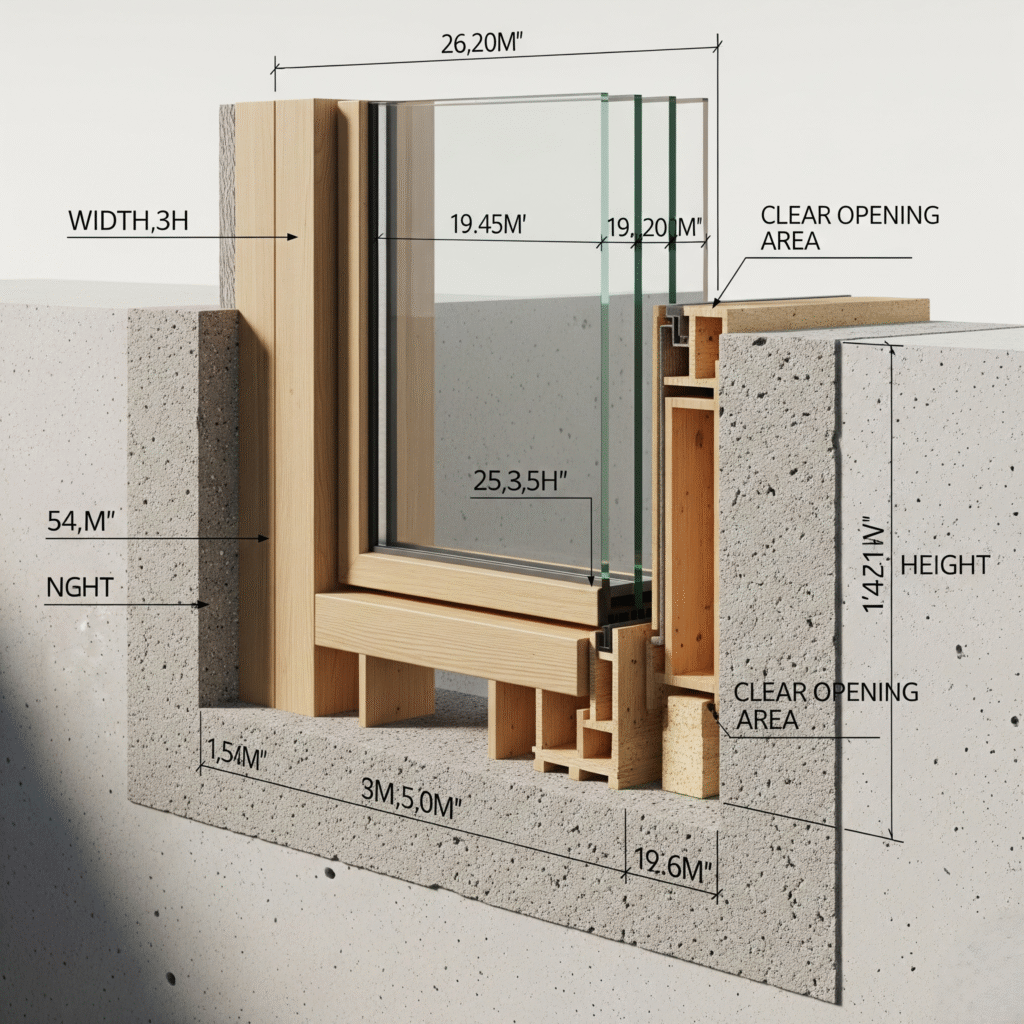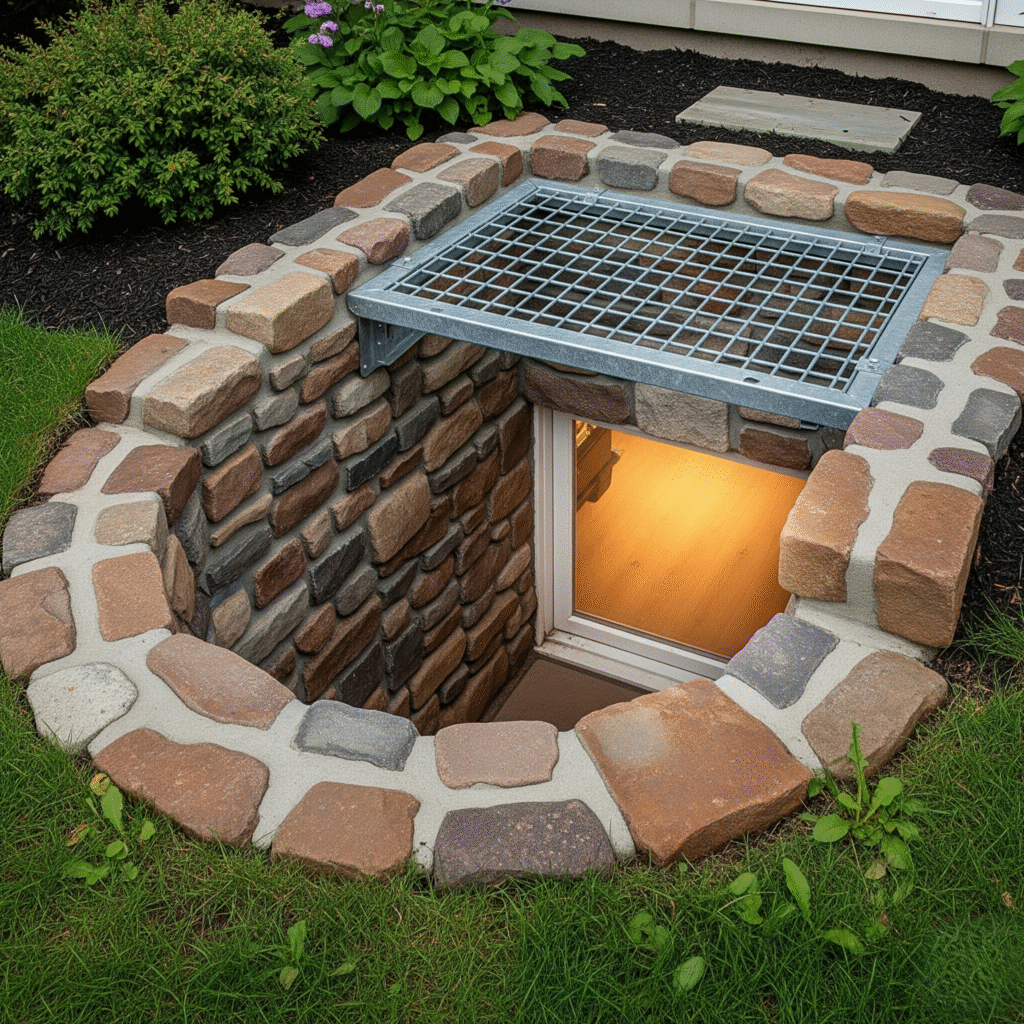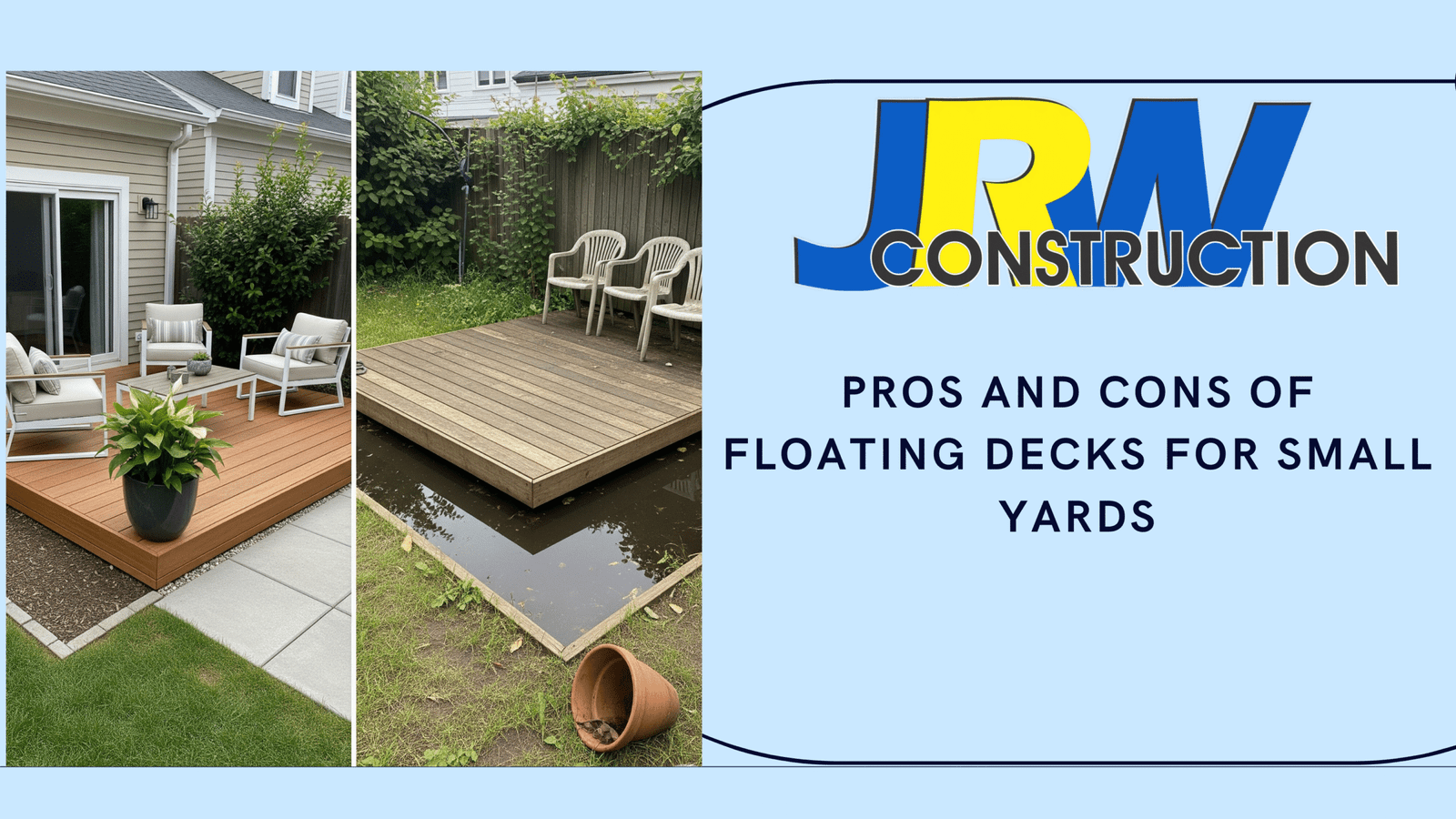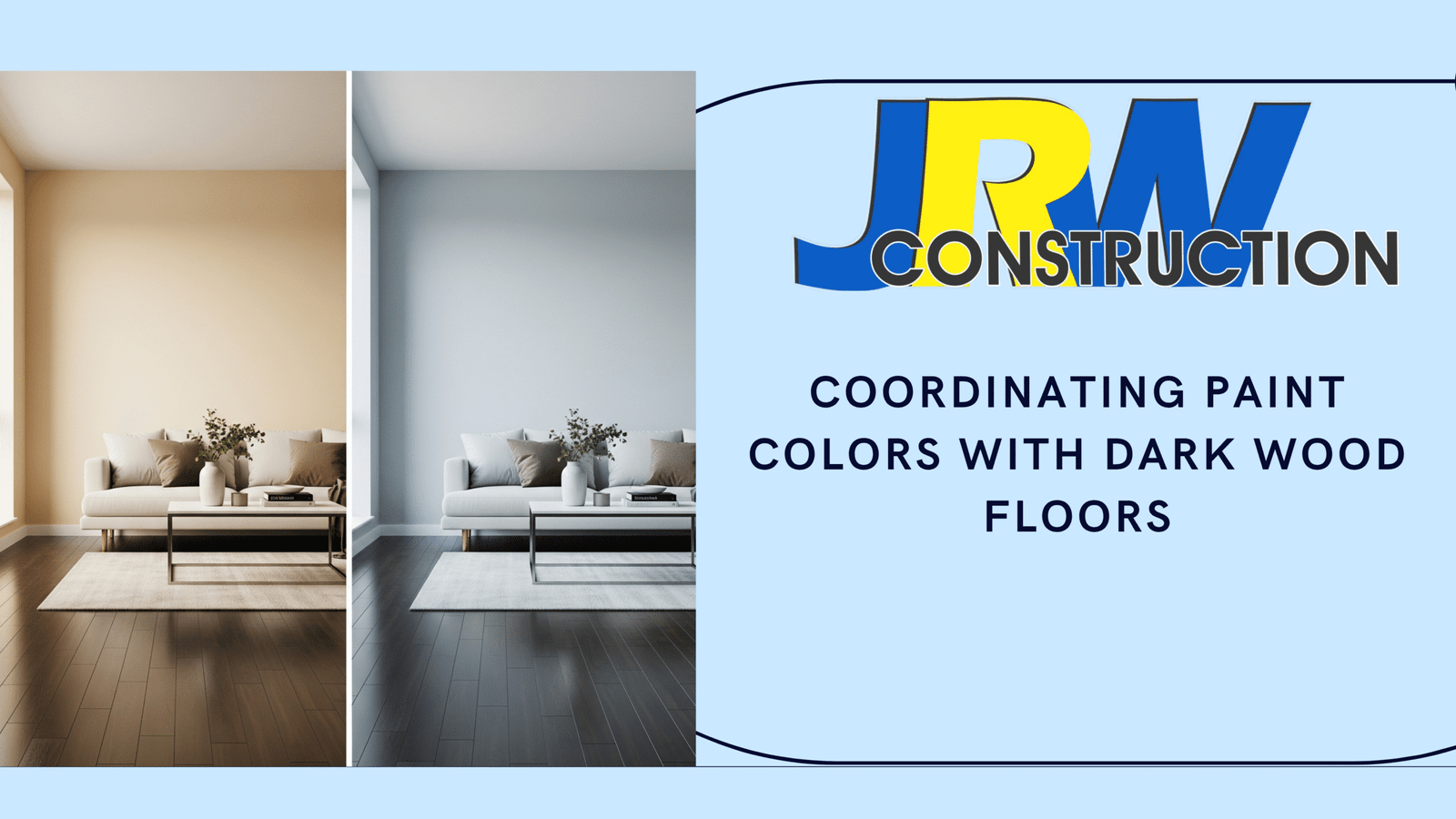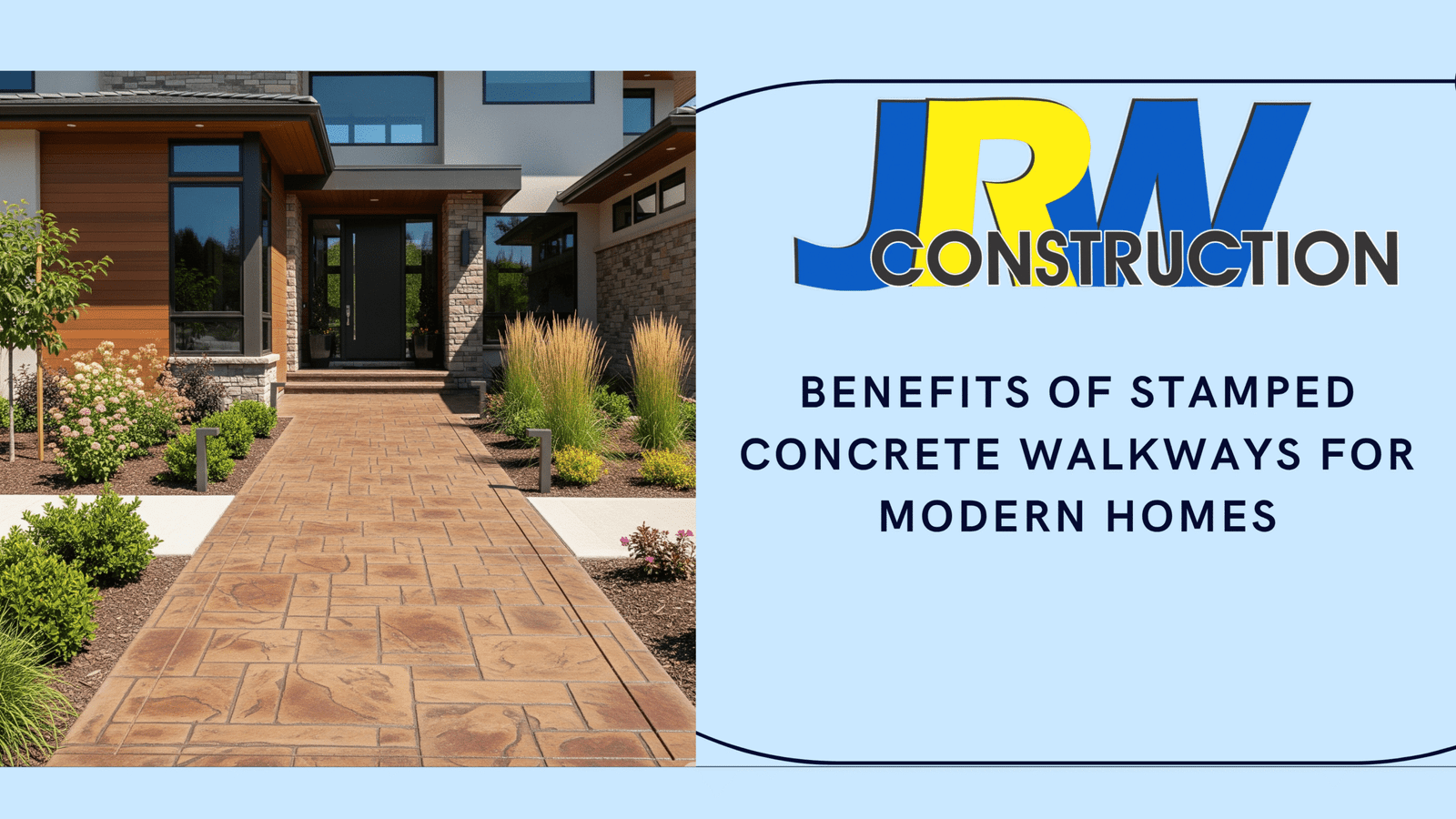Finishing or remodeling a basement can transform it into a comfortable living space, guest suite, or even a rental unit. But one essential feature that homeowners sometimes overlook is the basement egress window. More than just an architectural detail, egress windows are life-saving exits required by building codes.
In this guide, we’ll cover everything you need to know about basement egress window code requirements and share creative design ideas to help blend safety with style.
Why Egress Windows Matter
Egress windows aren’t just a box to check off during renovation. They provide:
- A safe escape route in emergencies (like fire)
- Natural light and ventilation make basements brighter and healthier
- Added resale value and compliance with local codes
Without a proper egress window, your finished basement legally can’t be considered a bedroom or living area in most jurisdictions.
Basement Egress Window Code Requirements
Egress window codes can vary slightly by city, but most follow the International Residential Code (IRC). Here are the typical requirements:
1. Minimum Opening Area
- The window must provide a net clear opening of at least 5.7 square feet (5.0 square feet if at ground level).
- This ensures a person can escape quickly.
2. Minimum Opening Height and Width
- At least 24 inches high
- At least 20 inches wide
These measurements must apply to the actual opening, not the glass size.
3. Sill Height from Floor
- The bottom of the egress window opening must be no more than 44 inches above the basement floor.
- This keeps the exit accessible without ladders.
4. Window Wells
If your basement egress window is below ground level:
- Must have a window well large enough to allow the window to open fully.
- The horizontal area inside the window well should be at least 9 square feet.
- Must extend at least 36 inches out from the window.
- If deeper than 44 inches, the well must have a permanent ladder or steps.
5. Easy to Open
- Windows must open from the inside without keys, tools, or special knowledge.
- No security bars unless they’re also quick-release.
Local Code Differences
Always check your local building department. Some areas require larger wells, different ladder designs, or specific drainage solutions to prevent water issues.
Design Ideas: Blending Safety and Style
Egress windows don’t have to look like an afterthought. With smart design, they can become a highlight of your basement.
1. Large Picture Windows
Use wide egress windows with clean frames to maximize daylight, creating a bright and airy basement living area.
2. Decorative Window Wells
Replace dull corrugated metal wells with:
- Stone veneer
- Timber-lined wells
- Sculpted concrete wells
These add warmth and a natural look.
3. Plant-Friendly Window Wells
Add low-maintenance plants or decorative gravel inside the well to soften the view and filter sunlight.
4. Well Covers
Clear polycarbonate covers keep debris and rain out while letting light in. Choose flat or domed covers based on style.
5. Built-in Seating or Steps
Inside the basement, build a bench or steps under the window. This makes the sill height feel purposeful and doubles as storage.
6. Modern Frame Finishes
Choose frames in black, bronze, or wood tones to complement modern or farmhouse basement decor.
Tips for Planning Your Basement Egress Window
Check local codes first to avoid costly rework.
Hire a qualified contractor familiar with egress installations.
Plan drainage carefully to prevent flooding through the window well.
Match the window style to other windows in the home for design consistency.
Add interior trim and drywall returns to make the window feel built-in.
The Investment: Cost vs. Value
Installing an egress window usually costs $2,500–$5,000 (depending on excavation, size, and materials).
Benefits include:
- Higher resale value
- Legal bedroom designation (adds value per square foot)
- Safer living space
For rental units, an egress window may also be required to meet insurance and legal occupancy standards.
Conclusion
Adding a basement egress window isn’t just about following code; it’s about creating a safer, brighter, and more inviting space your family and guests will love.
With thoughtful planning, quality materials, and creative design ideas, your egress window can become a beautiful feature that adds comfort and value to your home. Contact us today!

